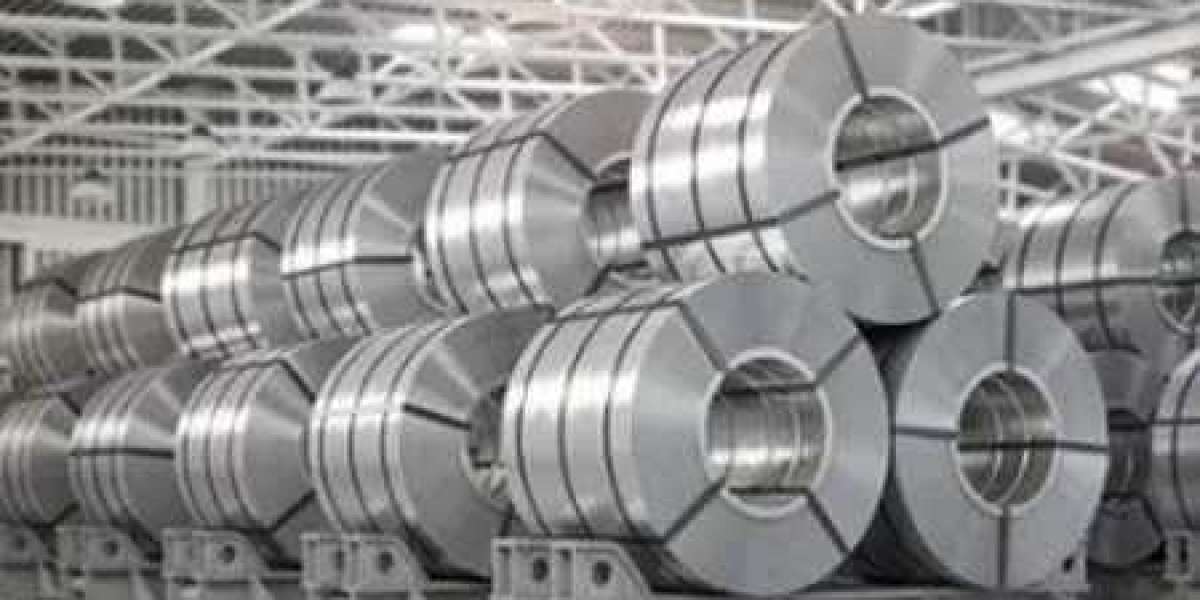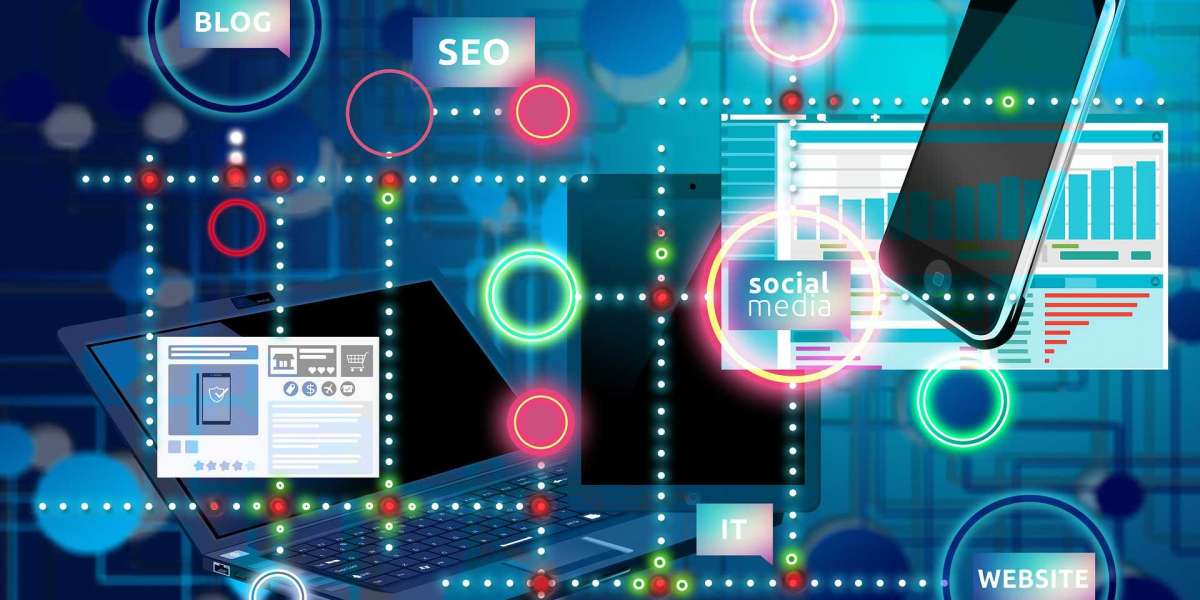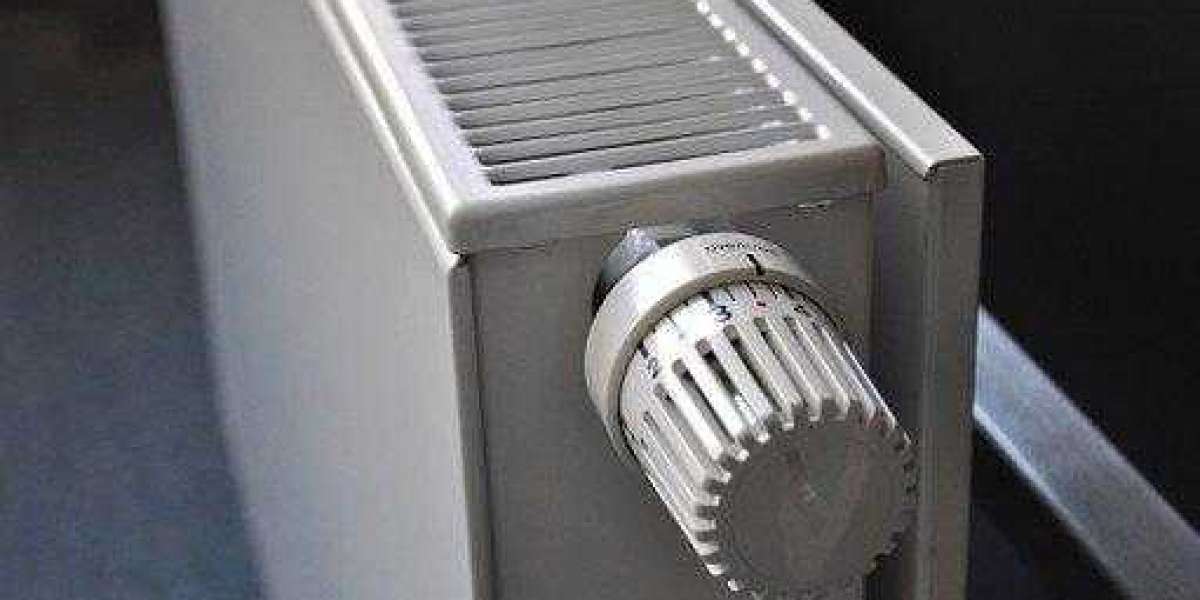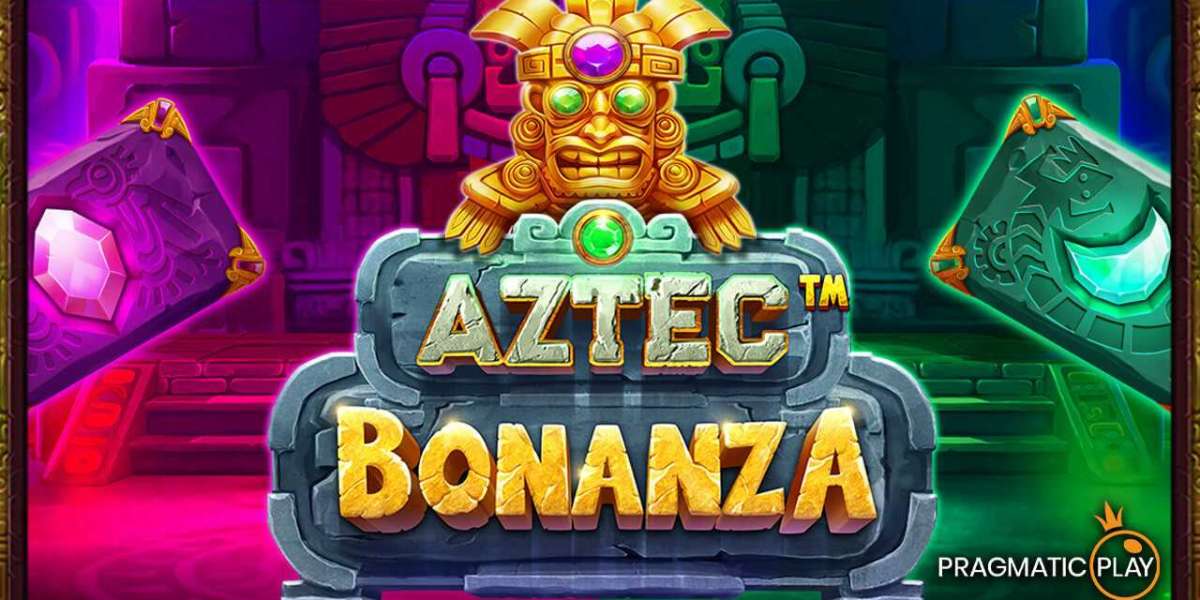So, when choosing an inverter for your solar panel system, you’ll want to make sure that it’s CEC approved and suits the size of your system. A good installer should have a good selection of inverters and be able to help you decide which is best for your needs.
Peak Efficiency
Peak efficiency is a measure of how well an inverter performs at its best, but it’s important to remember that you won’t always be producing energy at that level. A better metric is weighted efficiency, which reflects your inverter’s average performance across the entire year.
Your inverter should be rated to handle the maximum power output of your solar panel system. But in the real world, you’ll never reach that amount of output – and you might not even come close. If you get an inverter with a higher maximum input power rating than your solar panel arrays actually need, you’ll experience what’s called “clipping.” It’s like driving a car over a bridge too high – a little power gets clipped off the top.
It’s also worth considering the size of your solar system and whether or not you’re planning on retrofitting a battery. A large battery will need a bigger inverter, while smaller batteries can often get by with a small one.
You’ll also need to consider the size of your home and the shade patterns in your yard. A reputable solar installation company can recommend the correct inverter size for your system, and they’ll be able to advise you on any rules or regulations in your area regarding net metering and other factors that may affect your choice.
A good inverter will also need to be able to handle temperature fluctuations, which can occur in the outdoor environment where your solar inverter lives. It’s important to ensure that your chosen inverter is designed for Australian conditions, and that it has a temperature range that covers your expected seasonal extremes.
Ultimately, your solar inverter is the core of your entire solar system. It’s the part that’s most likely to go wrong, so it’s essential to choose one with a great reputation, good performance and long lifespan. At Deege Solar, we offer a wide variety of high quality Inverters for Solar and can help you design a bespoke solar panel system for your home or business. Just give us a call or click the enquire now button to find out more about our services. As MCS accredited Solar Panel Installers, with over 12 years of experience, we’ll be more than happy to discuss your options with you.








